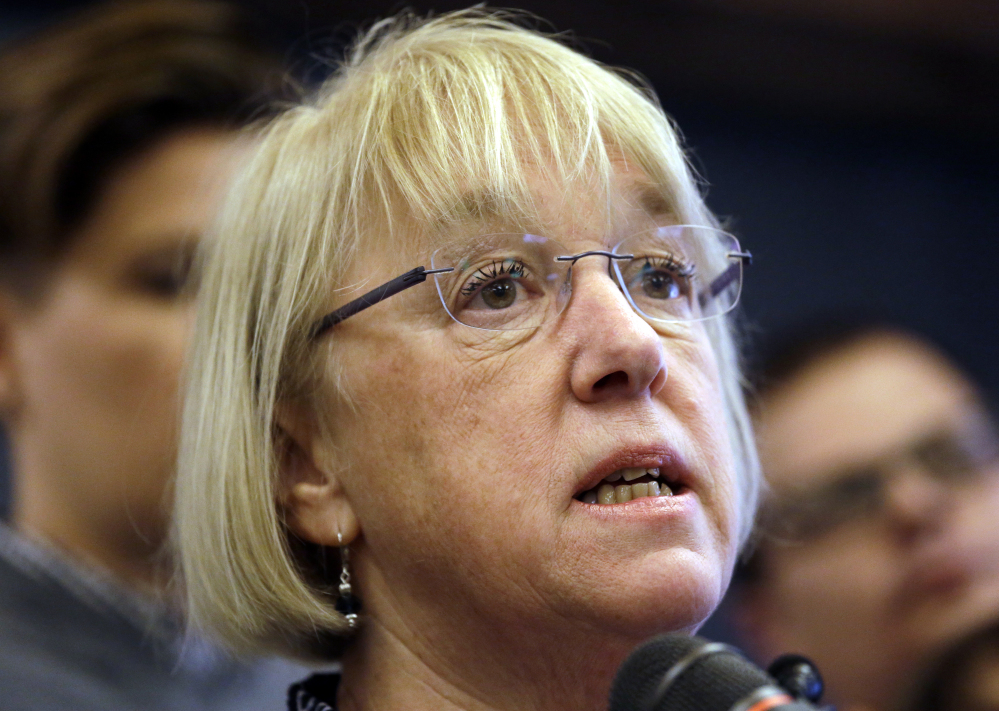WASHINGTON — The polarizing issue of health care, which has dragged down Democrats since passage of the Affordable Care Act in 2010, emerged from Tuesday’s state elections as a potentially formidable new force in the party’s efforts to regain power in next year’s congressional elections.
In Maine, voters resoundingly backed a ballot measure to expand Medicaid through the federal health care law. And worries about health care in Virginia helped fuel a solid victory for Democratic gubernatorial candidate Ralph Northam and Democratic legislative candidates across the state. The issue topped voters’ concerns in exit polls Tuesday, with Northam winning a whopping three-quarters of those identifying health care as their priority.
“There has been a major change here,” said Robert Blendon, an expert on public opinion about health care at Harvard’s Kennedy School. “Democrats for years wouldn’t talk about health care. … Now, the implication is that if you are a Democrat running in 2018, you can talk about protecting health care for millions of Americans.”
Tuesday’s elections don’t ensure health care will remain a winning issue for Democrats in 2018. But the emergence of health care as a political liability for Republicans marks a dramatic turnabout for the Republican Party, which for years reaped huge electoral gains by playing on the unpopularity of the 2010 law.
Tuesday’s results also represent a warning sign for Republicans eager to revive their campaign to repeal the law and its historic coverage expansion.
“In a year when attacks on health and health care came from every corner, voters in Maine sent a clear message: Access to health care coverage for low-income people should be expanded, not threatened or cut,” said Robert Restuccia, executive director of Community Catalyst, a national patient advocacy group. “We hope that elected officials in Congress and other states will take heed.”
The electoral results will pave the way for Medicaid expansion not only in Maine, but also perhaps in Virginia, where the GOP-controlled state Legislature had blocked expansion there for years. Democrats on Tuesday came close to taking a majority in the state House of Delegates, though final results won’t be known until later this week.
Meanwhile, advocates are eyeing new efforts to force leaders in other states to expand Medicaid eligibility, including in Idaho and Utah.
Thirty-one states and the District of Columbia have expanded eligibility for the government health care program since 2014, using federal money made available by the law to cover poor, working-age adults, a population that was historically not eligible for the coverage.
Send questions/comments to the editors.



Success. Please wait for the page to reload. If the page does not reload within 5 seconds, please refresh the page.
Enter your email and password to access comments.
Hi, to comment on stories you must . This profile is in addition to your subscription and website login.
Already have a commenting profile? .
Invalid username/password.
Please check your email to confirm and complete your registration.
Only subscribers are eligible to post comments. Please subscribe or login first for digital access. Here’s why.
Use the form below to reset your password. When you've submitted your account email, we will send an email with a reset code.